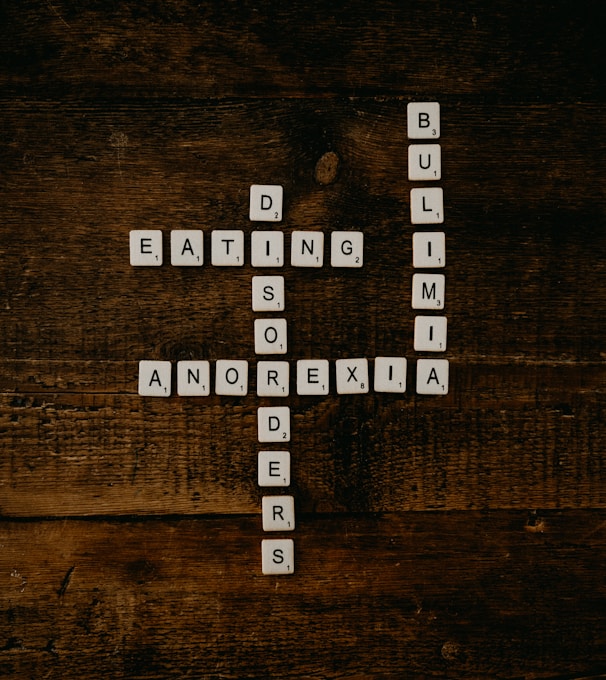Eating Disorders
"Nourishing Your Well-Being: Understanding and Overcoming Eating Disorders"
INNERSELF
Introduction
Eating disorders, complex conditions characterized by severe disturbances in eating behaviors and related thoughts and emotions, have become a critical issue in today's society. This article aims to explore the intricacies of eating disorders, their impact on daily life, and the journey towards recovery. We will incorporate popular keywords such as anorexia nervosa, bulimia nervosa, binge eating disorder, and treatment strategies to enhance the article's visibility and authority on search engines.


Part 1: The Hidden Battle - Understanding Eating Disorders
Eating disorders, including anorexia nervosa, bulimia nervosa, and binge eating disorder, are often hidden battles fought in the secrecy of one's mind. These disorders are not just about food but are complex mental health conditions. They can stem from a variety of factors, including genetic, psychological, and cultural influences.
Impact on Daily Life: Individuals with eating disorders may experience severe physical health problems, emotional turmoil, and social isolation. The constant preoccupation with food, body weight, and shape can lead to a significant decline in quality of life.
Life Practical Example: Consider Sarah, a college student who, under the pressure of societal beauty standards, falls into the trap of anorexia nervosa. Her obsession with thinness leads to extreme dieting and exercise, affecting her studies and social life.




Part 2: Recognizing the Signs - Early Intervention
Early recognition of the signs of eating disorders is crucial for effective treatment. Warning signs include drastic weight loss, obsession with calories, and withdrawal from social activities.
Impact on Daily Life: Early intervention can prevent the progression of the disorder and reduce the risk of long-term health complications.
Life Practical Example: John, who initially started dieting for health reasons, finds himself trapped in a cycle of binge eating and purging. His friends notice his erratic eating patterns and intervene, encouraging him to seek help.


Part 3: The Road to Recovery - Treatment and Support
Recovery from eating disorders is a challenging yet achievable journey. Treatment often involves a combination of psychological therapy, nutritional education, and medical support.
Impact on Daily Life: Effective treatment can lead to improved physical health, emotional well-being, and restored relationships.
Life Practical Example: Emily, battling bulimia nervosa, finds solace and support in therapy sessions. Through cognitive-behavioral therapy, she learns to challenge her distorted thoughts about food and body image.


Part 4: Embracing Self-Acceptance - A Long-Term Perspective
Long-term recovery focuses on building a healthy relationship with food and one's body. It involves embracing self-acceptance and understanding the true meaning of well-being.
Impact on Daily Life: This journey leads to a more balanced lifestyle, where food is seen as nourishment rather than an enemy.
Life Practical Example: Mark, once a victim of binge eating disorder, now practices mindful eating and self-compassion, leading to a more fulfilling life.


Eating disorders are not a choice but a serious health concern that requires understanding, compassion, and professional intervention. By recognizing the signs, seeking timely help, and embracing a journey toward self-acceptance, individuals can overcome these challenges and lead healthier, happier lives.




